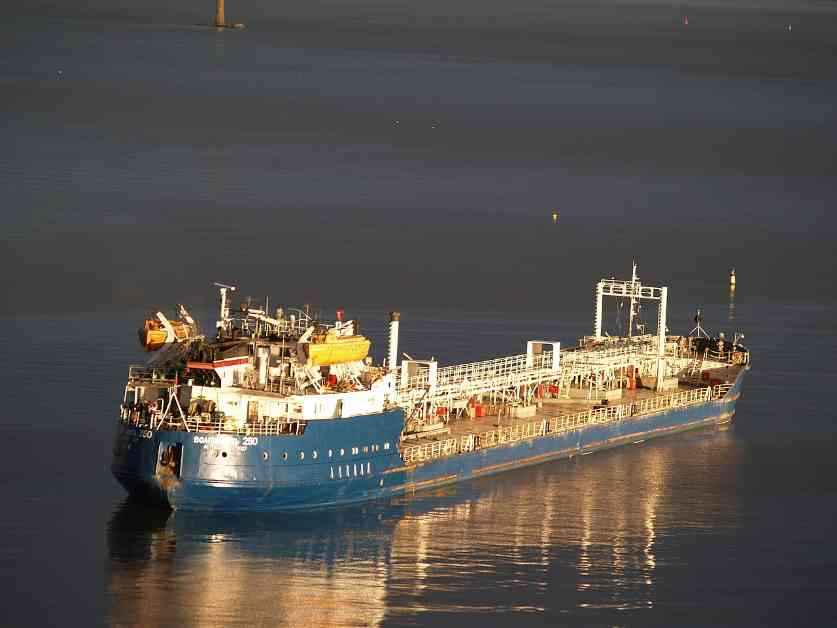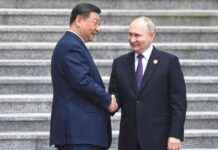French and Danish Shipyards Key in Winter Gas Export
In a groundbreaking development, French and Danish shipyards have emerged as crucial players in enabling Russian Arctic gas exports during the harsh winter months. The European Union shipyards have been providing essential dry dock facilities that allow Moscow to continue transporting gas through the Arctic, despite facing Western sanctions.
According to a report from the Financial Times, Damen shipyards in France and Fayard A/S in Denmark have been servicing Russian ice-class tankers, including the specialized Arc7 tankers that transport liquefied natural gas (LNG) from the Yamal LNG plant on Russia’s northern coast. These shipyards have been instrumental in ensuring that the Russian Yamal LNG plant can access key markets when gas prices in the Northern Hemisphere are at their peak during the winter season.
Satellite images and vessel movement data from Kpler reveal that 14 out of the 15 specialized Arc7 tankers have been serviced by these EU shipyards. Some of the tankers have even returned for maintenance multiple times, underscoring the critical role played by Damen and Fayard A/S in supporting the logistical operations of the Russian Arctic gas exports.
Expert Analysis on the Impact of Shipyard Maintenance
Arctic shipping expert Malte Gumpert from High North News highlighted the potential disruptions that could occur if these shipyards were to cease operations. While alternative servicing options exist, they would necessitate significant detours from the usual shipping routes, thereby complicating the transportation of Russian LNG to international markets.
Since the onset of Russia’s conflict with Ukraine, eight tankers have undergone maintenance at Damen shipyards, while nine have been serviced at Fayard A/S. Representatives from Damen confirmed their repair work on vessels involved in transporting Russian LNG, emphasizing their adherence to European sanctions and non-involvement in cargo decisions of shipping companies. However, Fayard declined to provide any comments on their servicing activities.
The Christophe de Margerie tanker, owned by the sanctioned Russian company Sovcomflot, remains the only vessel that has not been serviced at either Damen or Fayard A/S, indicating the complex dynamics at play in the Arctic gas export industry.
Related Developments and Global Implications
The interplay between shipyard maintenance, Russian gas exports, and geopolitical tensions underscores the intricate web of relationships shaping the energy landscape. As countries navigate the complexities of energy security, economic interests, and international sanctions, the role of key players like French and Danish shipyards becomes increasingly significant in ensuring the smooth operation of critical energy supply chains.
The reliance on these EU shipyards for servicing Russian Arctic gas tankers highlights the interconnected nature of global energy markets and the strategic importance of maintaining key infrastructure to support energy exports in challenging environments like the Arctic region. As the world grapples with the implications of evolving geopolitical dynamics, the role of pivotal stakeholders in the energy sector continues to be a focal point of analysis and discussion.

















